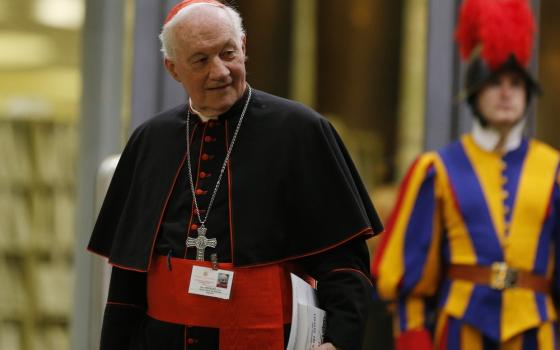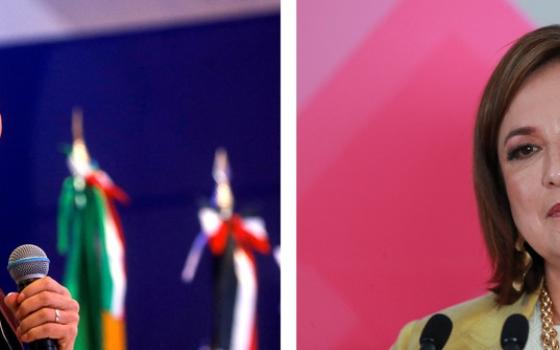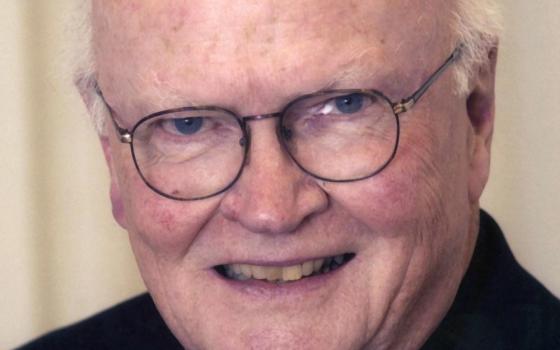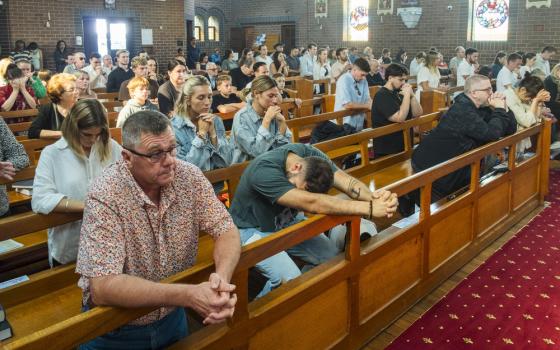We continue our look at the midterms with expert commentary today from Jennifer Butler and John Gehring. Jen is the Executive Director of the group Faith in Public Life and John is a Senior Writer and Outreach Coordinator for the group.
Butler & Gehring: After midterm elections that shifted the political terrain in Washington, political spin is in high gear. We believe – and the polling numbers bear out – that this election should be understood as an urgent plea from an anxious electorate hungry for bipartisan cooperation to lift the nation out of economic crisis, not a simple mandate for any partisan agenda.
According to the National Election Pool’s exit polls, 87% of voters said they were worried about the economy, and 62% said the economy is the most important issue facing the country. Forty-three percent of voters polled had a favorable view of the Democratic Party, compared to 42% who had a favorable view of the Republican Party. Voters in 2010 were noticeably older and more politically conservative than the 2008 electorate – reflecting an “enthusiasm gap” in turnout among those young voters who helped elect President Obama. Americans are hurting. Many are frustrated by a broken political system and distrustful of both parties. Struggling families want pragmatic, common-ground solutions to tough problems. It doesn’t help that the 2010 presidential elections have already started. Senate Minority Leader Mitch McConnell recently said the Republicans’ main priority would be stopping President Obama from winning a second term. Not exactly conducive to transcending the politics of polarization. But the faith community does not give up hope easily. We will play an essential role in keeping political leaders focused on doing what’s right, not what’s politically expedient. The nation faces too many urgent challenges to have Democrats and Republicans waste the next few years bickering.
A Gallup Poll released the day before the election showed an electorate divided on how to strengthen the economy, with Democrats strongly favoring passing stimulus legislation designed to create jobs, and GOP supporters favoring cutting spending and extending the Bush tax cuts. A bipartisan breakthrough needs to happen, but its shape is far from clear. In the meantime, there are ample opportunities to pursue bipartisan legislation that serves the common good.
Passing comprehensive immigration reform is one area where common ground is possible. While immigration is an explosive topic – and Arizona’s recent law has become a political lightning rod – fixing our nation’s broken immigration system is the right thing to do, and it even makes political sense. Republicans like George W. Bush were genuine leaders on this front, and there is no reason why Republicans today, eager to woo Latinos, can’t step up and show the same leadership. Congress should also pass the Dream Act, which provides citizenship for undocumented immigrants younger than 36 who arrived in the United States as children, have lived here for five years or more, and are attending college or serving in the military. These young men and women reflect the best values and highest ideals of our nation. We should embrace, not demonize, them. Retired Gen. Colin Powell and other military officials believe the measure is long overdue. Another opportunity for bipartisan support is a child nutrition bill before Congress. The Healthy, Hunger-Free Kids Act would, among other things, make it easier for children receiving Medicaid benefits to participate in school meal programs. About 120,000 more low-income children would receive free school meals each year as a result of the bill. The Center for Science in the Public Interest has called the Act “the best child nutrition reauthorization Congress has put forward in decades.” Another moral imperative where Republicans and Democrats can work together is nuclear disarmament – an issue that both the Vatican and U.S. Catholic bishops have made a priority. The Senate should pass the Strategic Arms Reduction Treaty (START), which President Obama and Russian President Dmitry Medvedev signed in April.
Finally, elected officials and candidates hoping to win over anxious voters in the next few years should talk less about GDP, interest rates and the S & P index and more about shared values, the dignity of work and the common good. There is a deep well of moral wisdom on the economy from Catholics social teaching and diverse faith traditions waiting to be tapped. The economy is a fundamental values issue. Politicians who claim the mantle of defending “family values” should start by asking why the United States lags far behind other nations in offering paid sick days, paid parental leave and other workplace benefits that help working families. One common-sense step forward? Republicans and Democrats should work together to pass the Healthy Families Act, which would require businesses with 15 or more employees to provide up to seven days of paid sick leave per year.
It’s time for moral leadership and seriousness of purpose. Let’s tune out the shouting on cable news and get to work.




